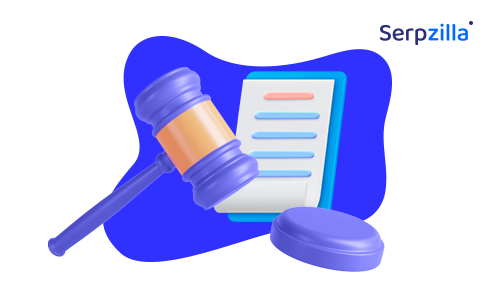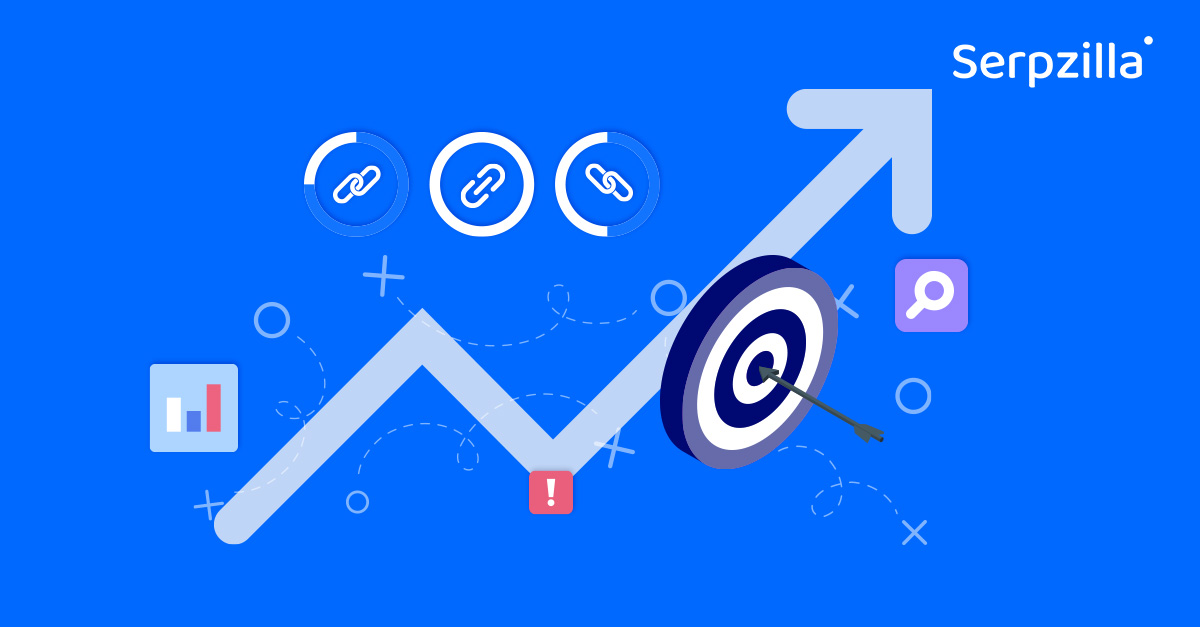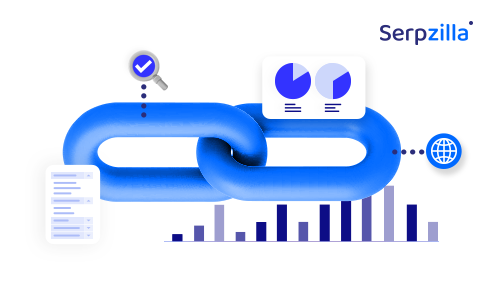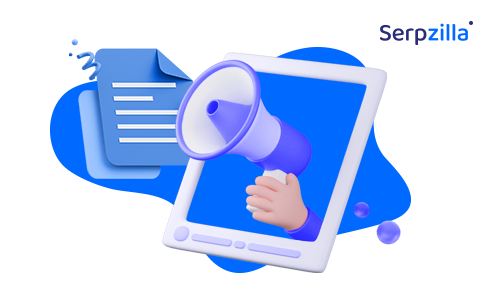If you’re involved in website promotion on the internet, you’re likely familiar with SEO, or search engine optimization. This is a set of measures aimed at making your site appealing to search engines and securing it high positions in their search results. Why is this necessary? The higher your site ranks in search results, the more people will see it, visit it, and possibly make a purchase, subscribe to a newsletter, or take another target action.
However, simply launching a site and waiting for it to climb to the top is not the best strategy. SEO is not a one-time action but an ongoing effort. And, as with any task, it’s crucial to understand how effective your efforts are. Monitoring SEO effectiveness means continually analyzing how your site’s position in search results changes, how its visitation grows (or doesn’t), and many other indicators.
Why is this necessary? First, to understand which of your actions yield results and which do not. Second, to promptly notice and correct possible errors. And finally, to improve your site so that it not only reaches high positions in search but also maintains them, ensuring a steady flow of visitors and customers.
In this article, we’ll take a close look at how to track the effectiveness of SEO, what tools to use for this purpose, and how to analyze the data obtained. You will learn which metrics are important and how to interpret them so that your site not only reaches the peaks in search results but also brings real benefits to your business. Let’s go!
Understanding SEO Metrics
Understanding key SEO metrics is like having a compass on a journey through the world of internet marketing. They help us not get lost and move in the right direction. Let’s figure out which metrics are important for tracking SEO effectiveness and how they can be used in practice.
Traffic from Search Engines
This is the number of visitors who came to your site from search engines. This metric is important because it shows how well your site is visible in search results. If traffic is growing, it means you are moving in the right direction. If it’s falling, it’s time to look for reasons and correct errors.
Keyword Positions
Knowing the positions of your site’s pages in search results for specific keywords is very important. It allows you to understand which pages need further optimization. Moreover, monitoring changes in positions can help track the effectiveness of SEO activities undertaken.
CTR (Click-Through Rate)
Click-through rate, or CTR, shows what percentage of users who saw your site in search results clicked on it. This indicator is important because a high CTR means that your page’s title and description are attractive and match user queries.
Time on Site and Bounce Rate
These metrics help assess how interesting your site’s content is to visitors. Time on site shows how long users spend on your site on average. Bounce rate shows the percentage of visitors who left the site without taking any action. If visitors quickly leave or spend little time on the site, it might be worth working on improving the content.
Conversions
This is one of the most important metrics because it shows how many visitors performed the desired action on the site (e.g., made a purchase, left a request, subscribed to a newsletter). Tracking conversions helps understand how effective the site is not only in terms of attracting traffic but also in terms of converting it into customers.
By mastering these metrics, you can more effectively manage your site’s SEO strategy, adapt to changes in search engine algorithms, and increase your site’s visibility on the internet.
Tools for Monitoring SEO
Effectiveness To effectively track the success of your SEO strategy, you’ll need the right tools. These tools will help analyze traffic, keyword positions, user behavior on the site, and much more. Here are some key tools that should be in every SEO specialist’s arsenal.
Google Analytics
Google Analytics (GA) is a free tool that provides detailed statistics about your site’s visitors. GA can help you understand where your visitors are coming from, how they interact with site content, and which pages they visit. Using this information, you can optimize your site to improve user experience and increase conversions.
Google Search Console
Google Search Console (GSC) is another free tool from Google that lets you see how your site appears in the search engine. GSC provides information on keyword positions, click-through rates (CTR), and errors on the site that may affect its indexing and ranking. This tool is indispensable for tracking the success of your SEO efforts.
SEMrush
SEMrush is a comprehensive analysis and SEO monitoring platform that offers a wide range of tools for keyword research, competitor analysis, site audit, and tracking positions in search results. SEMrush is especially useful for comparing your site with competitors’ sites and identifying potential opportunities for improving site visibility in search engines.
Ahrefs
Ahrefs is another powerful tool for SEO analysis, providing extensive data on backlinks, keywords, site rankings, and more. It allows you to easily track the progress in building your site’s link profile and identify which keywords are bringing the most traffic.
Moz
Moz offers a range of tools for SEO, including Moz Pro, Moz Local, and MozBar. Moz Pro provides data for analyzing keywords, tracking rank, auditing sites, and researching links. These tools help improve site visibility in search engines and increase organic traffic.
When choosing tools for monitoring SEO effectiveness, it’s important to determine which features are most important for your business and specific situation. Many of these tools offer free versions or trial periods, so you can test them before deciding to purchase.
Boost your SEO results! Link building has become fast and easy with Serpzilla. Buy quality backlinks on authority websites with high DR.
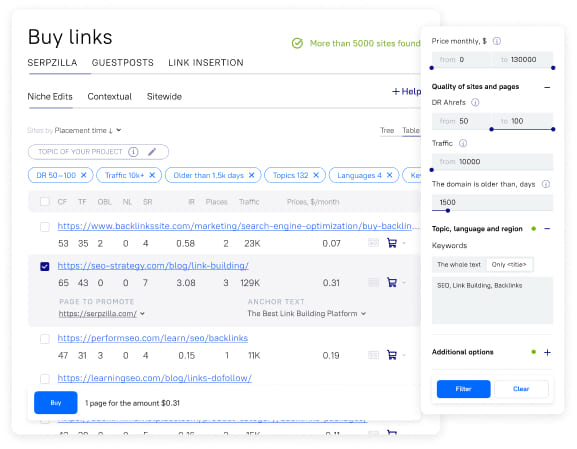
Conclusion
Monitoring and analyzing SEO effectiveness is not just an important part of managing a website; it’s a vital practice for anyone wanting to improve online visibility, attract more visitors, and increase conversions. In a world where search algorithms and user behavior are constantly changing, your approach to SEO must also be flexible and adaptive.
We discussed the importance of understanding key SEO metrics such as traffic from search engines, keyword positions, click-through rate, time on site, and conversions. These metrics provide valuable feedback on how search engines and users perceive your site and point to opportunities for improvement.
We also looked at a range of tools that can help in monitoring and improving SEO effectiveness, including Google Analytics, Google Search Console, SEMrush, Ahrefs, and Moz. Each of these tools offers unique features for analyzing and optimizing your online presence.
Remember, SEO is not a one-time task but a continuous process. Constant learning, adaptation, and optimization are the keys to long-term success in search engine optimization. By applying the knowledge gained from this article in practice, you can improve the SEO effectiveness of your site, increase its visibility in search engines, and attract more targeted visitors.



